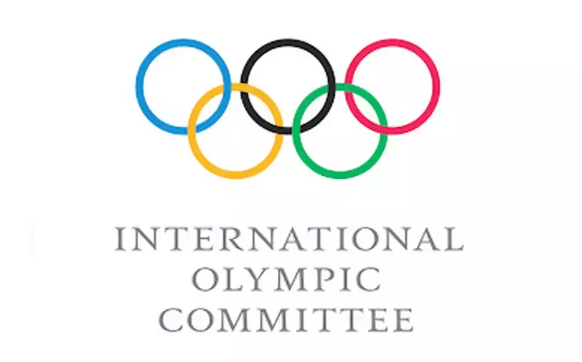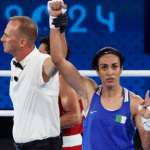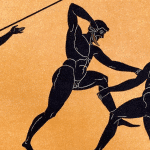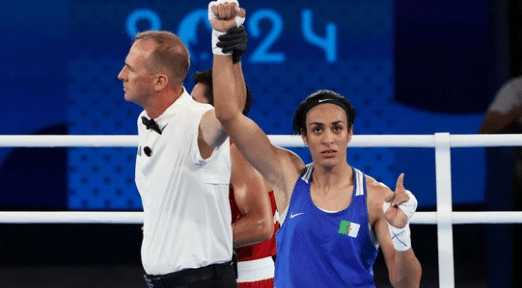The question of whether the Olympics is biased toward Western countries often arises, especially when examining the dominance of certain nations in various sports. The keyword for this discussion is Olympic bias. This bias can be seen in several ways, from the sports that are popular to the infrastructure needed to support athletes.
Olympic bias may stem from the fact that countries like the USA often excel in sports that have strong historical roots in Western cultures. For example, swimming is a sport where the USA consistently performs well. This success is partly due to the country’s extensive infrastructure, including numerous and high-quality swimming pools. Other countries might have sports like kabaddi or cricket, which are less emphasized in the Olympic Games. As a result, athletes from these countries might not get the same level of exposure or resources as those from countries with more Olympic-focused sports.
Another point of contention is the composition of the International Olympic Committee (IOC). Historically, many IOC presidents have been American or European, which raises questions about whether the committee’s decisions are influenced by Western perspectives. This could potentially lead to a bias in the selection and prioritization of sports and events.
The Olympics features a wide range of sports, from traditional events like track and field to more recent additions like skateboarding. However, the inclusion of these sports can sometimes reflect the interests and strengths of Western countries. This diversity in events aims to represent global athleticism, but it also highlights the ongoing debate about Olympic bias.
In addition, the global stage of the Olympics can sometimes overshadow sports that are not as widely practiced or promoted in Western countries. This can create a perception that the games favor sports where Western countries have a competitive advantage.
In conclusion, while the Olympics strives to be an inclusive and global event, there is a noticeable Olympic bias toward sports and countries with stronger Western influences. The debate continues on how to balance representation and ensure fairness across all participating nations. Whether or not this bias is intentional, it certainly shapes the way the Olympics are perceived and experienced around the world.
Recommended – The Imane Khelif Controversy: Breaking Down Gender Misconceptions












